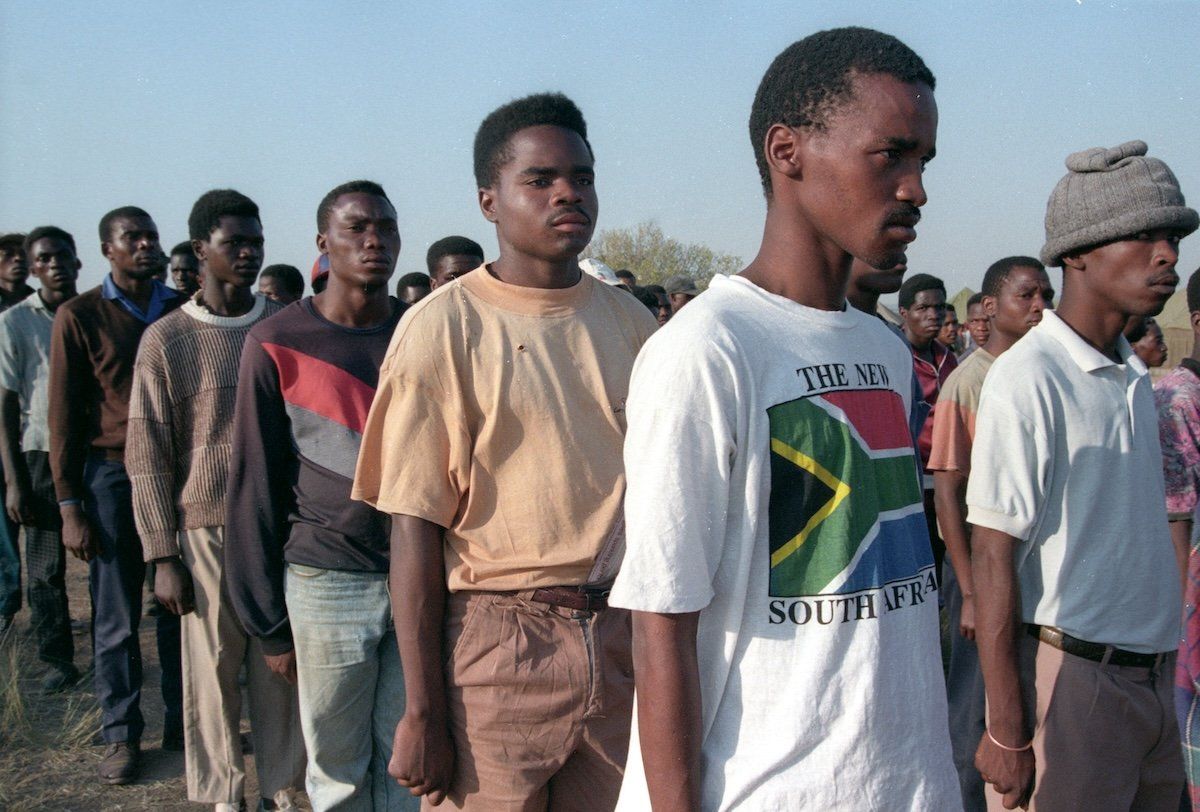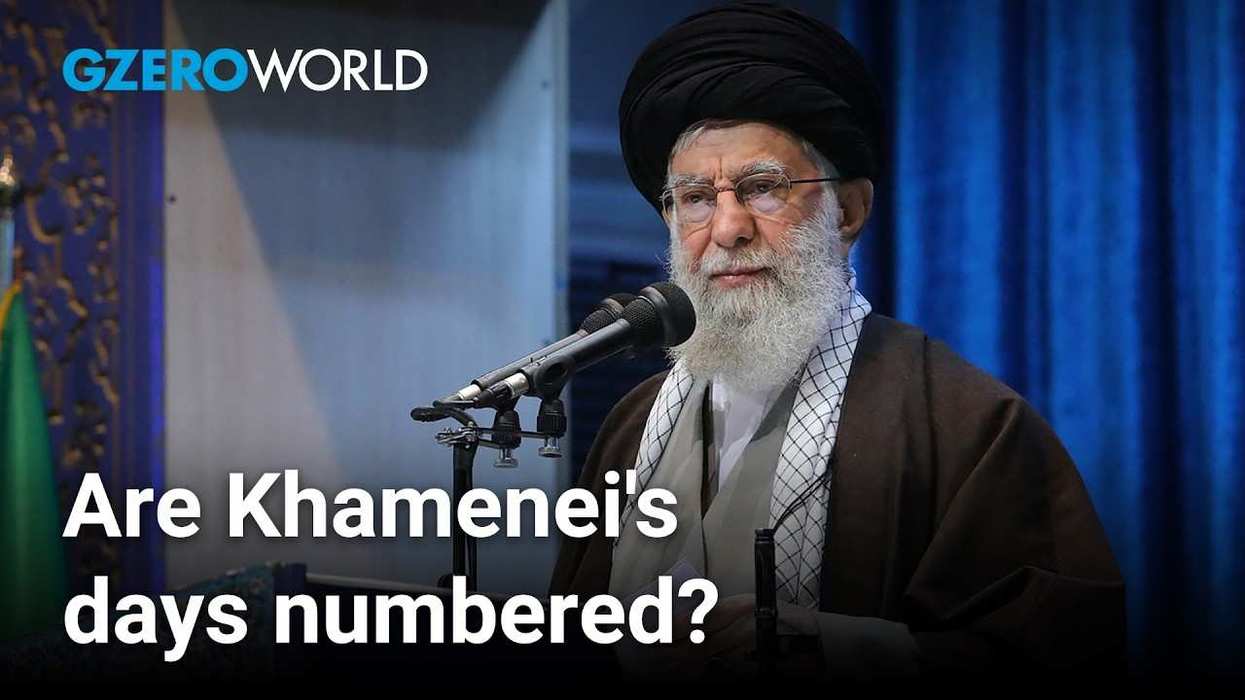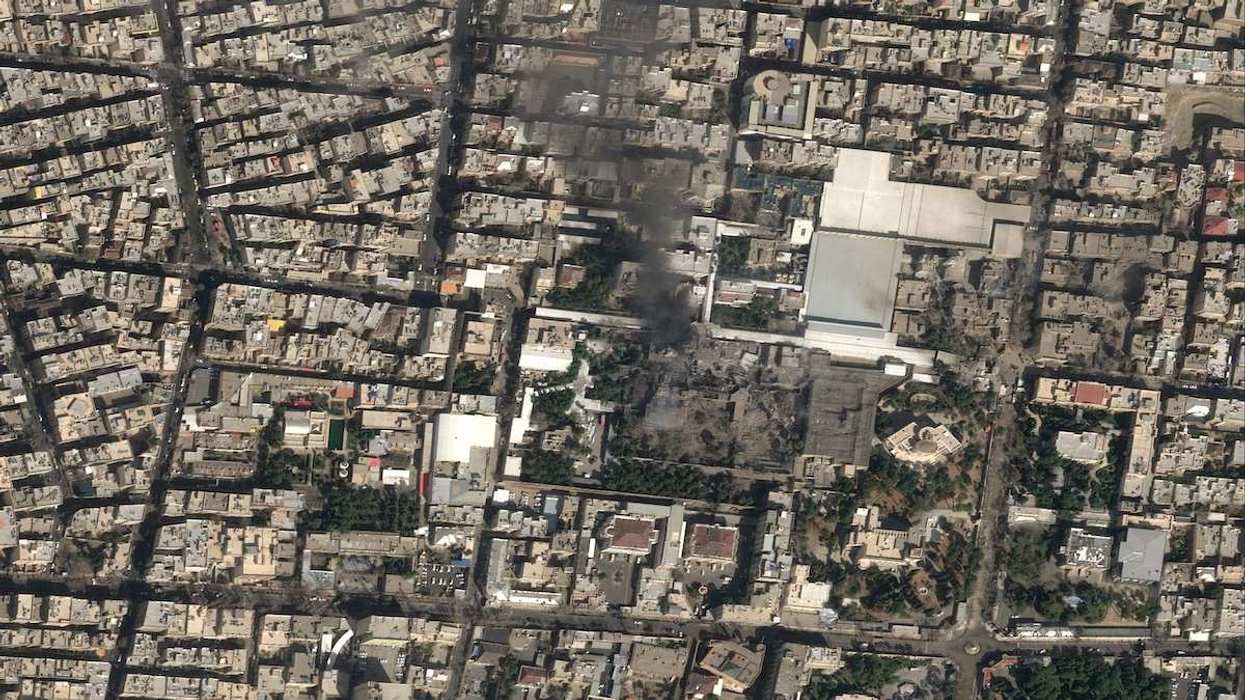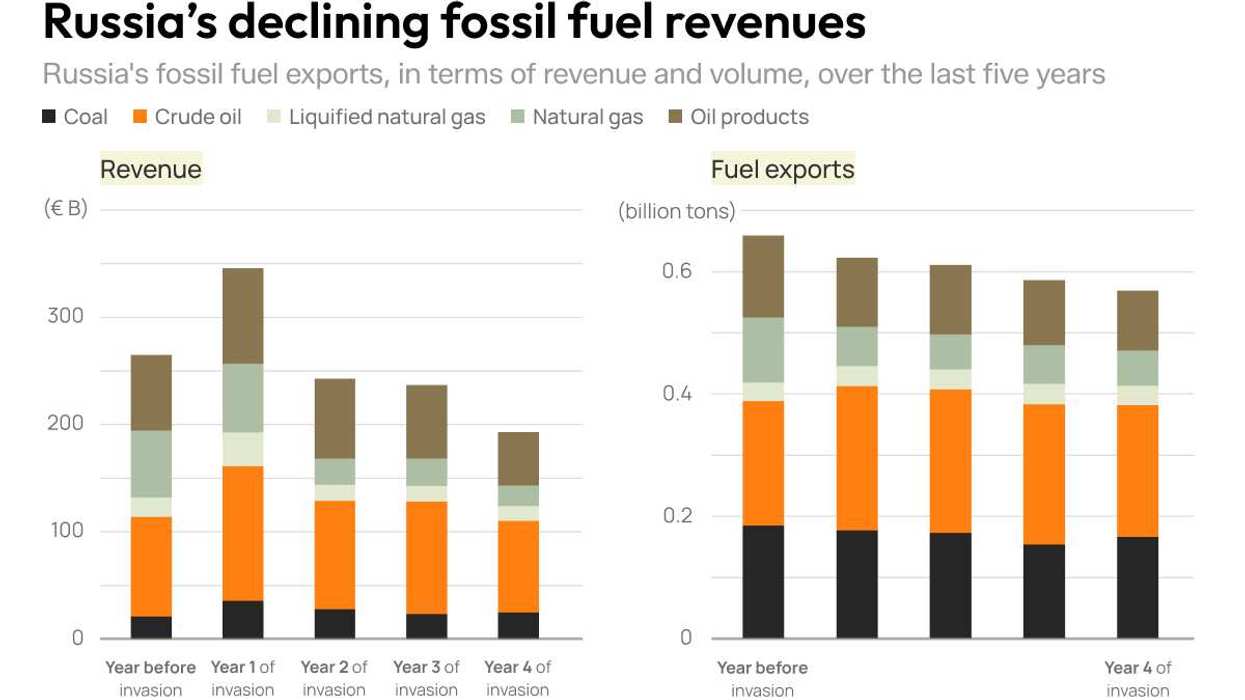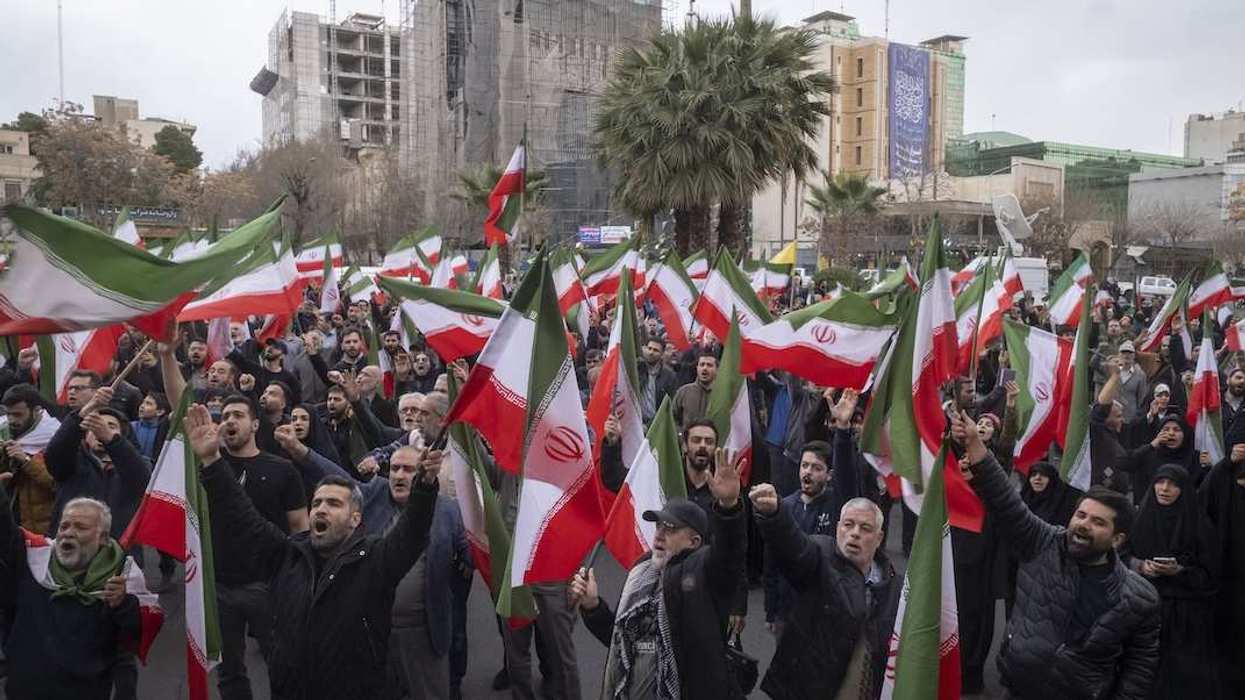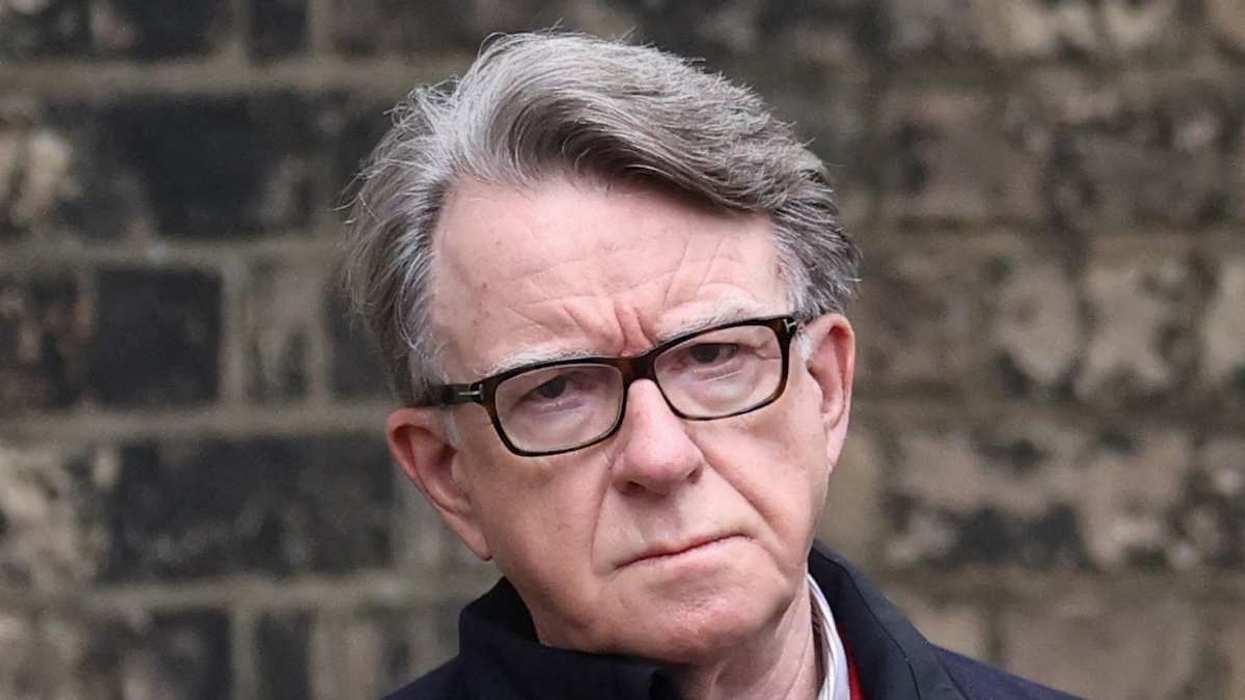Thirty years ago this weekend, South Africa ushered in its first democratic government.
On April 27, 1994, Black South Africans went to the polls, marking an end to years of white minority rule and the institutionalized racial segregation known as apartheid.
Freedom Day, as that day is commemorated, gave rise to South Africa’s first Black president, Nelson Mandela. The internal protests and violence over apartheid, as well as international sanctions, were relegated to the annals of history, ushering in a new era of promise for racial equality and prosperity.
But three decades later, the “rainbow nation” still faces many challenges, with racial equality and economic development remaining out of reach.
The country struggles with some of the highest inequality levels of any nation worldwide, says Ziyanda Stuurman, a senior analyst with Eurasia Group. “Many young people, in particular, are unemployed and feel despondent about finding work,” she says.
Three main factors have led to persistent inequality. First, South Africa’s unemployment rate is a whopping 32% – the highest globally. Those with secure jobs tend to be non-unionized and, as a result, see lower earnings. And, finally, workers who do well tend to make very high salaries compared to the lower-wage earners, bolstering the poverty gap.
“Due to a lack of economic opportunities and financial inclusion for the majority of Black South Africans,” says Stuurman, “many have not been able to make the most of the expanded political freedoms and opportunities in democratic-era South Africa.”
Since 1994, Mandela’s African National Congress party has been at the helm, but the lack of economic growth and rising inequality may be driving a change of heart among the electorate.
Next month, on May 29, South Africa heads to the polls again for its seventh general election since the end of apartheid. For the first time, polls suggest that the ANC may fail to win 50% of the national vote – which could mean tricky coalition talks or even its exit from power.
Stay tuned to GZERO. We’ll talk more with Stuurman in the coming weeks to gain insights about South Africa’s big election.